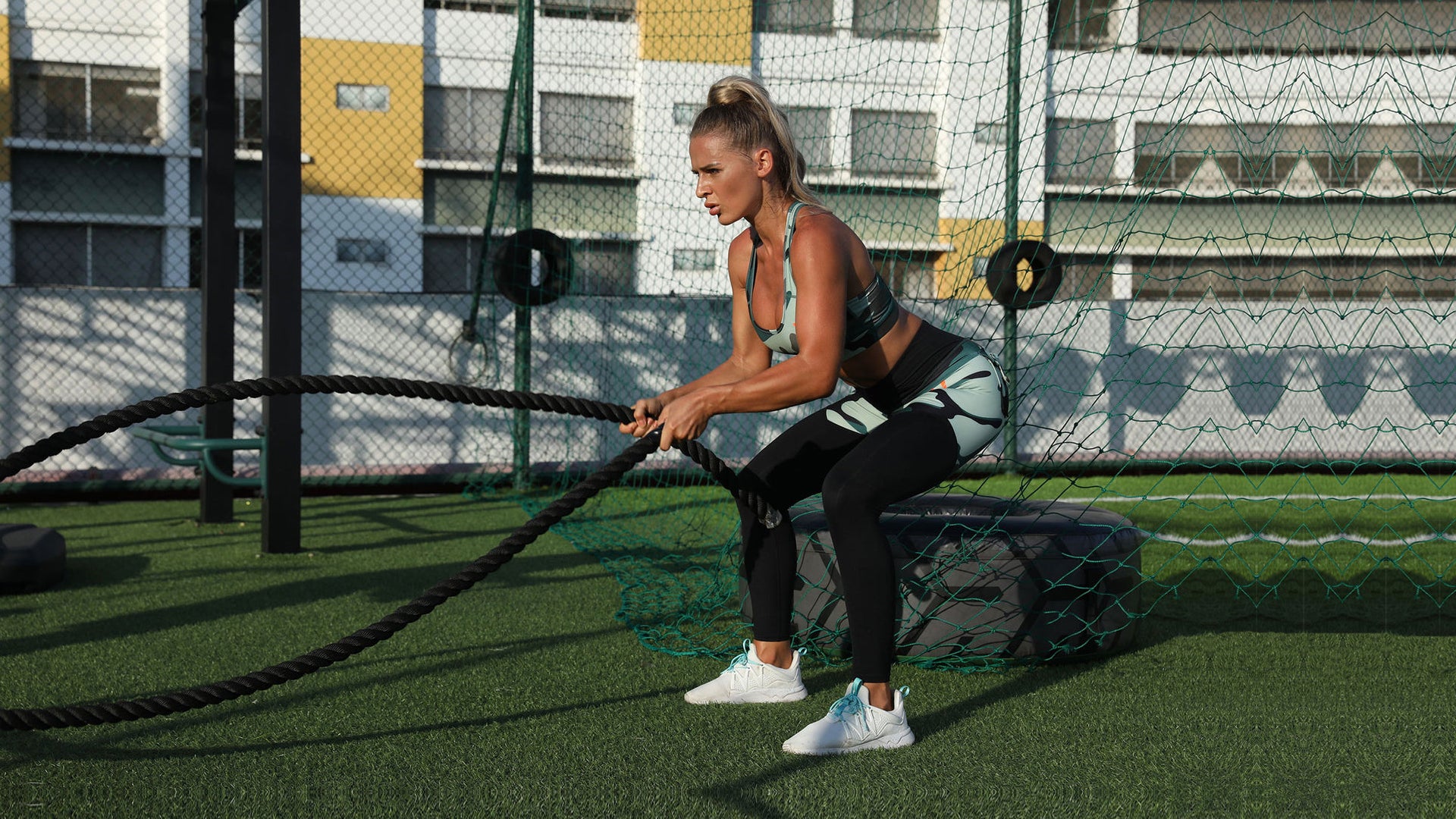
A beginners guide to battle ropes
Battle ropes are a fantastic training tool that can have a variety of benefits for your strength, cardio stamina and flexibility. They consist of two ropes that cross over each other and attach to a weight at each end. A fighter can use them to incorporate cardiovascular activity into their workout routines, or they can use them to increase the intensity in their training routine by using heavier weights or for resistance work or circuit training. The following is A beginners guide to battle ropes;
1. The benefits of battle ropes
Battle ropes provide a cardiovascular challenge and have been used for years by boxing and martial arts for this reason. As well as this, when used for resistance training it increases strength and burn fat. The resistance that the ropes provide is challenging not only to the arms but also to the core muscles use when you are balancing on one leg and moving between each rope. Battle rope workouts can be done in combination with other exercises or by themselves. Many people do battle rope workouts by jumping from one rope to the next while others do them while holding heavy kettlebells or dumbbells which adds extra weight to their workout routine.
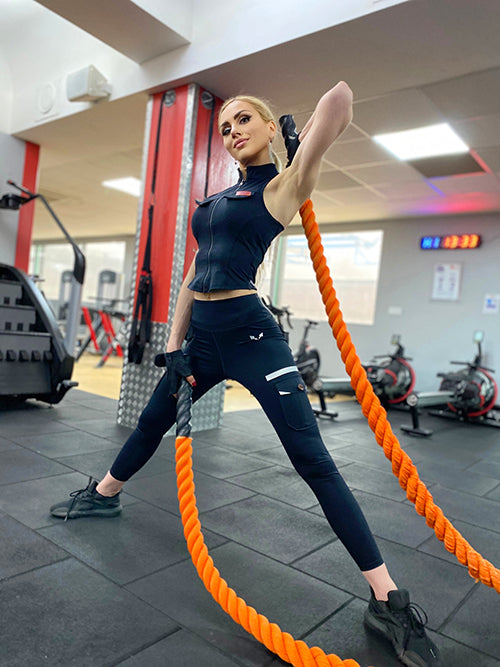
2. How to choose battle ropes for beginners
When choosing battle ropes it is important to buy the correct size for you, put on your gloves and order a set of battle ropes. Your muscles will adapt to different training scenarios and may need a different length of rope for maximum benefit. The proper fit is one of the most important features in any workout you do. For example, if you are new to training or starting out with boxing then you will want to get a shorter rope that is around 2X2 meters long. It should provide enough resistance for getting warmed up and strengthen your muscles even though it will be short in length due to your lack of strength.
3. How much weight?
There is a traditional way of using battle ropes for boxing but this is a matter of personal preference and so you can make small changes to the size, length and weight. If you have never trained with battle ropes before then start with 3kg weights in each hand to begin. You can then increase the size of the weights as your strength levels increase. If you are doing battle rope workouts every day then workout gloves are essential as they will protect your hands and ensure that you maintain your grip throughout the workout.
4. How to use them correctly
Try to keep your elbows by your side, move slowly and maintain control of your movement when jumping or working with heavier weights. Keep your muscles tight and keep your back straight so that you can maintain balance. Be wary of swinging or bouncing which can cause neck injuries and if you are doing battle rope workouts with heavy weights then work with a partner who will help you by providing support.
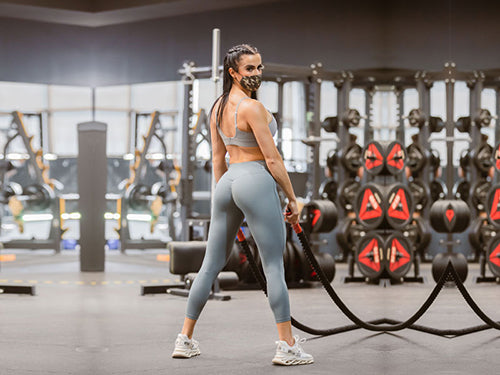
5. The post-workout ritual
After a workout you need to ensure that soreness and stiffness are not an issue so take it easy for the next few days in order to let muscles recover fully. You can also use this time to rest, relax and have a meal to refuel depleted energy stores. If you intend to do battle rope workout everyday then it is important that you take it easy for a few days at least and make sure that soreness does not occur. Have an adequate amount of water before and after your workout to re-hydrate your body. This can help with muscle recovery.
6. How to choose a suitable environment?
Battle ropes are excellent for improving your flexibility, strength and coordination as well as providing good cardio vascular exercise but they do require good surroundings in which to use them; such as a well-ventilated room with adequate lighting. The background noise should also be kept to a minimum and the overall space that you use should be large enough for your body to move in.
7. The potential risks
Battle ropes should be used by healthy individuals who are aware of the potential risks involved with their use. If you have any history of back pain, neck injuries or previous ankle sprains then you may want to think about getting fully checked out before using battle ropes. People who do not exercise regularly may find battle ropes extremely tiring and difficult which is why it is important that you get plenty of rest between workouts as well as taking it easy after your workout if soreness occurs.
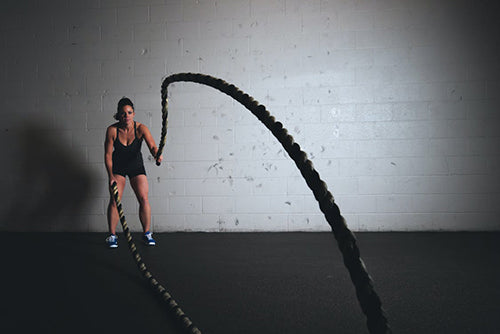
8. When to use battle ropes
Battle ropes are an excellent way of adding a cardiovascular activity to your strength workout or vice versa. They are also a great way of raising your heart rate for when you feel like having a fast-paced, full body workout without any complex routines. They can be used in conjunction with kettlebells or dumbbells as well as other cardio machines and other types of equipment such as ropes, climbing bars etc.
9. Using battle ropes at home
It is important that you are aware of the potential risks associated with using battle ropes before using them at home. If you have never used them before then it is advisable to have an experienced partner perform the exercises for you until you get the hang of it. You can also use various types of free weights and pads to perform the exercises yourself and make your own resistance training system at home. The use of gloves is also necessary as they will protect your hands from injuries and ensure that you maintain your grip throughout a workout.
10. How often should you use them?
You should perform battle rope workouts at least once or twice a week but make sure that you are properly warmed up and stretched out beforehand otherwise you risk injury or strain on your muscles. It is also important to perform different types of exercise as it will improve your overall fitness levels and strengthen your muscles in different ways.
The above are just a few pointers to help you use battle ropes correctly and safely. Remember that they are designed to be used as an adjunct exercise to your strength training routine and should not be used as the only form of exercise that you do. They can also be used by experienced athletes who are looking for something new or are looking to strengthen certain muscle groups or improve their cardio-vascular fitness and heart health.



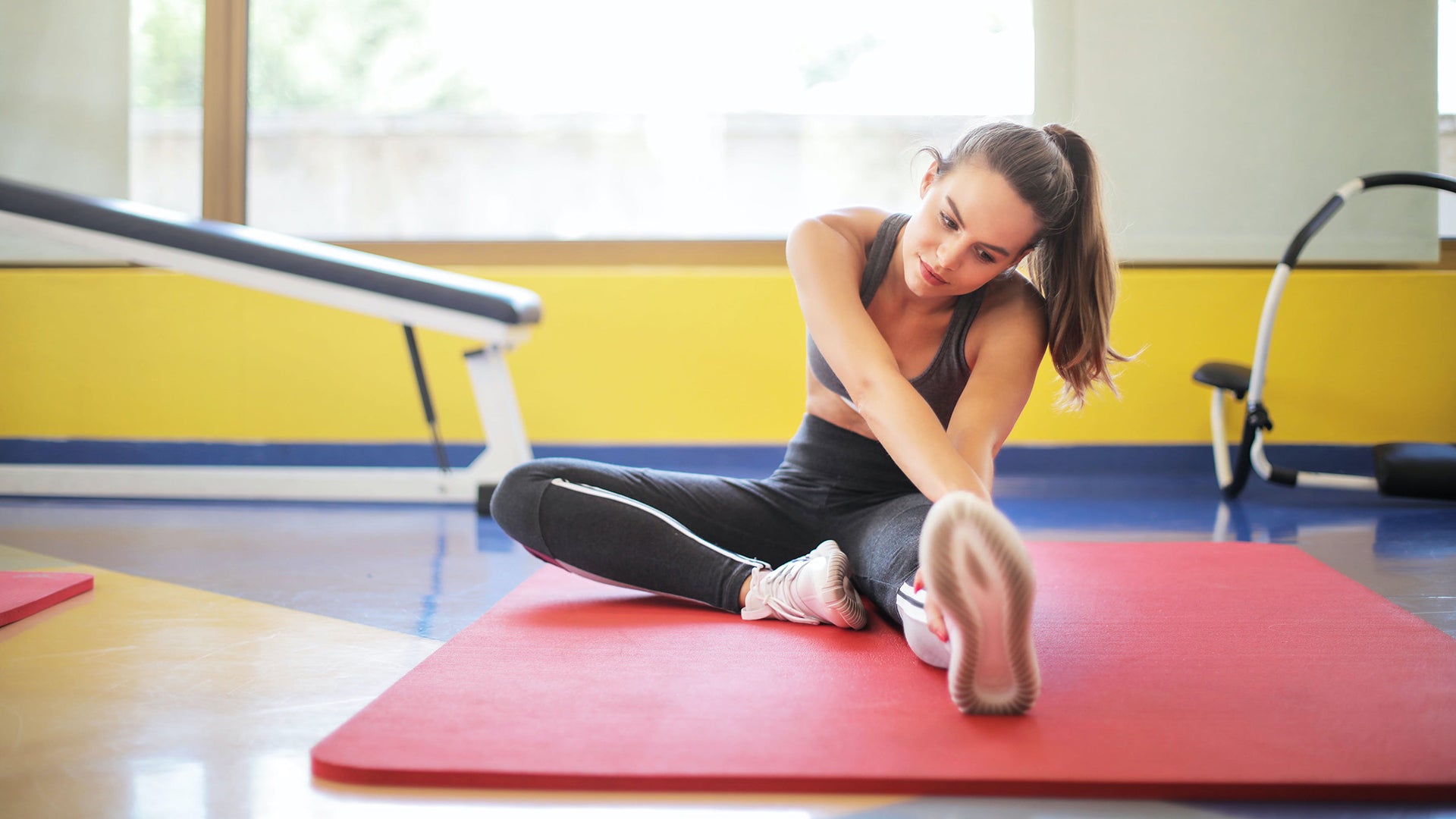
Leave a comment
This site is protected by hCaptcha and the hCaptcha Privacy Policy and Terms of Service apply.